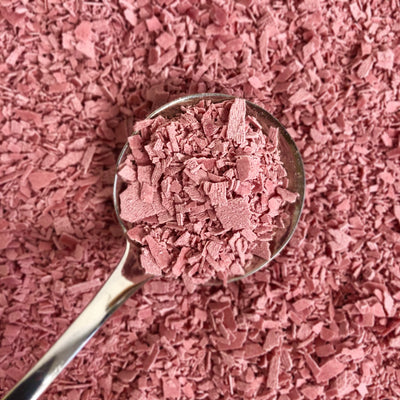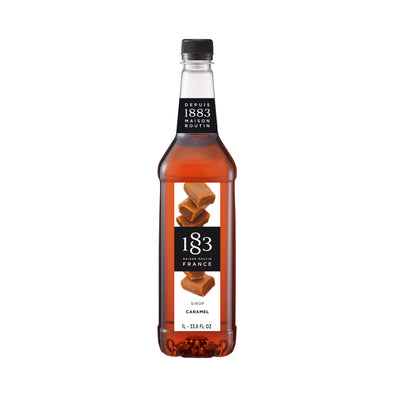Farrer’s Mountain Water Process Coffee
Caffeine is naturally present in coffee plants and can also be found in over 60 other plants varieties including tea. Caffeine is produced by these plants as a kind of defence mechanism, perfect for preventing attacks by pests such as slugs. One the flipside bees are attracted to it (a bit like ourselves) revisiting the plant’s flowers time and time again because they like the buzz from the caffeine in the nectar and handily to pollinating the plant in the process.
In the case of humans caffeine works by binding to adenosine receptors in our brains. Typically, adenosine, a chemical found in human cells, binds to their receptors and slows down brain activity making you feel drowsy. When caffeine is introduced into your system it attaches to these receptors instead, blocking the adenosine from binding and making your brain stay alert and awake.
Though the term ‘decaffeinated’ would lead you to believe that all the caffeine has been removed from coffee, that isn’t always the case. By law, decaffeinated coffee has to have 97.5 percent of the caffeine removed, so in essence decaffeinated simply means that the caffeine is greatly reduced.
That said, some processes are better at removing caffeine than others and one such process is called Mexican Water Process.
It’s correct name is, however, Mountain Water Process (MWP) and all coffee treated using this process is sent for decaffeination at the Descamex Mountain Water facility in Veracruz, Mexico.
MWP is a unique decaffeination process, which uses the clear waters from the highest mountain in Mexico, the Pico de Orizaba, to gently remove the caffeine from the green beans without the use of any form of chemicals.
The process begins with chemical analysis to determine optimal conditions, and then the beans are steamed and prepared for extraction. The extraction process uses a water-based saturated solution and a precise combination of pressure, vacuum, and environmental temperature to extract any caffeine whilst retaining the coffee’s flavour compounds.
Basically MWP gently removes caffeine in a pure water solution that floats coffee oils to the surface (caffeine included), filters out the caffeine, and reintroduces the original oils to the green coffee.
The resulting green coffee is 99.9% caffeine-free. The beans are then dried to the required moisture content prior to being imported.
This process is so pure that it retains all certifications that farms work hard for. Certified Organic, Rainforest Alliance, Fairtrade and nearly every other coffee certification you may be able to think of.
With many people increasingly conscious of their diet and their consumption of substances like caffeine and alcohol, there is an ever-increasing demand for decaffeinated coffee that matches up to the flavour and quality of fully-caffeinated options.
A typical 12 oz cup of coffee will contain anywhere between 120 to 180 milligrams of caffeine, yet a decaf brew will only contain in the region of between two and six milligrams.
Sacrificing caffeine shouldn’t mean that you have to give up the exciting character and complexity of flavour you have come to expect. That’s why the coffees that make up our Farrer’s Mountain Water Decaf which is why we ensure that they are as scrupulously grown, meticulously sourced, and precisely roasted as any other coffee on our range.





